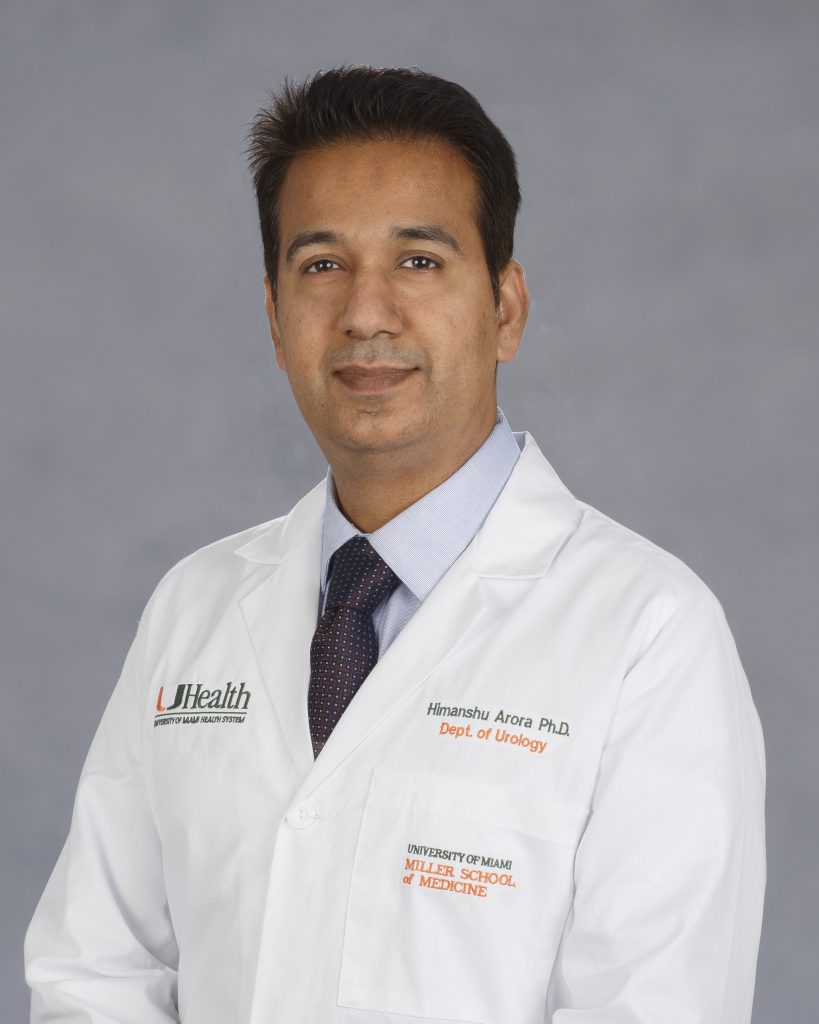
Each year the Endocrine Society recognizes endocrinologists who are in the early stages of their research careers by giving out the Early Investigator Awards. Endocrine News spoke to the five researchers from around the world to find out more about their award-winning research, the award’s potential impact, as well as how the COVID-19 pandemic has affected their research and their lives.
Much has been written about the impact of the global pandemic on science over the past year. There are, however, many stories of progress and breakthroughs in research that highlight the perseverance of scientists who soldiered on during 2020 to continue to impact the health and lives of global citizens. Five such endocrine researchers in the blossoming stages of their careers have been recognized with the Endocrine Society’s 2021 Early Investigator Award.
The winners are: Himanshu Arora, PhD, of the University of Miami in Coral Gables, Fla.; Ana Aulinas, MD, PhD, of the Hospital de Sant Pau in Barcelona, Spain; Athansisos Bikas, MD, PhD, of Brigham and Women’s Hospital in Boston; Juan Brito, MD, of the Mayo Clinic in Rochester, Minn.; and Manuel D. Gahete, PhD, of the University of Córdoba in Andalusia, Spain.
In part 1 of our 2021 Researchers Roundtable feature, here is our conversation with Himanshu Arora, PhD, of the University of Miami in Coral Gables, Fla.
Endocrine News: To get an idea of who comprises our “early investigators,” can you share at what stage you are in your fellowship or year as faculty?
Himanshu Arora: I am in the second year as a faculty in Department of Urology, Sylvester Cancer Center, University of Miami.
EN: What inspired you to apply for the award?
Arora: Endocrine Society is one of the oldest, largest, and most prestigious societies. Getting a recognition from this society is a strong reflection on the direction of our research. While applying for this award, I wanted to know if I am on a right track or not. And now I have the answer thanks to the Society.
“[The Early Investigator Award] will definitely help me a lot in getting recognized in the field, connect with research groups at a national as well as international level, establish collaborations in the field, and share our work with a broader audience. I strongly believe that these are some of the very important requirements for developing myself as an endocrine scientist.” – Himanshu Arora, PhD, University of Miami, Coral Gables, Fla.
EN: Please explain your research in a few sentences.
Arora: Our research mainly focuses on prostate cancer research which involves but not limited to: 1) understanding the mechanisms behind androgen regulation, exploring the molecular checkpoints that are critical for resistance development during different stages of cancer progression; 2) Exploring nitric oxide as a immunotherapy and evaluating its efficacy as a monotherapy or in combination with various preclinical as well as FDA-approved drugs against prostate cancer; and 3) Developing the machine learning tools to study the progression of the Prostate cancer using digital pathologies from cancer patients.
EN: What have been the biggest challenges of doing your work during the pandemic?
Arora: The things which I found most challenging was to interact with people (in person), meeting new people, developing new collaborations, and to be honest, it hasn’t changed a lot until now. But other than that, thanks to the proactive and enthusiastic people I am surrounded with, we tried our best to be functional, at least as much as we could, while being safe and socially distanced.
EN: How do you hope winning the Early Investigator Award will help support your goals as an endocrine scientist?
Arora: It will definitely help me a lot in getting recognized in the field, connect with research groups at a national as well as international level, establish collaborations in the field, and share our work with a broader audience. I strongly believe that these are some of the very important requirements for developing myself as an endocrine scientist.
Fauntleroy Shaw is freelance writer based in Carmel, Ind. She authors the monthly Laboratory Notes for Endocrine News.
All of the recipients received a monetary award, one-year complimentary Endocrine Society membership, one-year complimentary access to the Society’s online journals, and public recognition of their research accomplishments in various Society platforms.
Additional information on this award and the recipients is located on the Society’s website. The new application cycle opens in September 2021.

